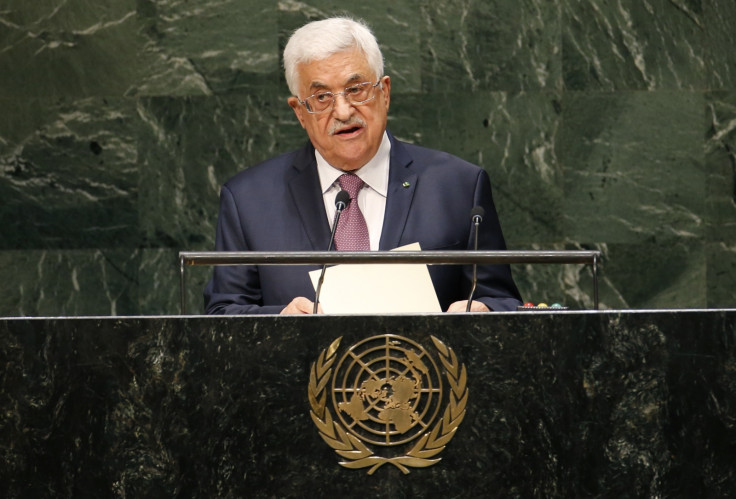IMF: Palestine economy's future hinges on clearance revenue transfer by Israel

A high degree of uncertainty and various headwinds will weaken Palestine's economic recovery this year with non-transfer of clearance revenue collected by Israel on goods imported into the West Bank and Gaza the biggest drag, the International Monetary Fund has said.
"Strong efforts by the PA can only go so far to contain the crisis for a few months. The situation could become untenable, with a growing risk of social unrest and strikes that could lead to political instability," the IMF said.
"These serious risks could be mitigated if Israel quickly resumed transfers of clearance revenue and donors front loaded their aid."
The Palestine economy contracted by nearly 1% in 2014, its first contraction since 2006, mainly due to a 15% fall in Gaza. The 4.5% rise in GDP in the West Bank determined the overall rate but the sharp slowdown in that region in the third quarter points to the challenges lying ahead.
The IMF said the clearance revenue withheld by Israel represents about two-thirds of net revenues and are essential to the PA's budget and to the Palestinian economy.
"Reduced wage payments and other public spending cuts necessitated by the suspension of clearance revenues in the presence of financing constraints will likely cause a sharp reduction in private consumption and investment," according to the Fund.
Unemployment rates remain at high levels, reaching an estimated 41% in Gaza and 19% in the West Bank, the IMF noted.
In addition, Gaza reconstruction after the war is proceeding more slowly than expected, reflecting insufficient progress on national reconciliation and unfulfilled donor pledges.
"Real GDP in 2015 is therefore set to rise only modestly, with a pickup in Gaza from a low base and a drop of nearly 2% in the West Bank, although the sharp fall in oil prices provides some relief to energy consumers."
Medium-term growth will remain modest, unless there is an improvement in the political climate that would lead to a lifting of restrictions in the West Bank and the blockade in Gaza.
The IMF said for 2015 as a whole, even assuming a resumption of clearance revenue transfers in a few months, it projects a large financing gap that calls for a prudent fiscal stance, with strict restraint on public sector wages.
"We recommend safeguarding transfers to poor and vulnerable households, and social assistance in Gaza, where the humanitarian situation is particularly dire. Moreover, contingency measures should be in place in case the suspension of clearance revenue extends beyond a few months."
© Copyright IBTimes 2024. All rights reserved.






